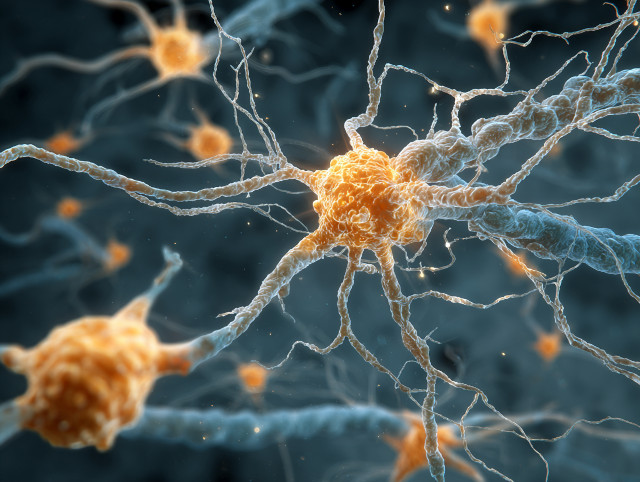Researchers at Boston University’s Chobanian & Avedisian School of Medicine have created an artificial intelligence (AI) tool that can predict key biological signs of Alzheimer’s disease with high accuracy. The tool focuses on the presence of amyloid beta and tau—sticky proteins that accumulate in the brain and are strongly linked to the condition. Unlike costly diagnostic methods, this AI system relies on more accessible information, such as brain scans, memory tests, medical records, and genetic data.
According to lead author Vijaya B. Kolachalama, PhD, FAHA, associate professor of medicine and computer science at Boston University, the AI tool offers something current blood tests cannot: the ability to show where in the brain these proteins are building up. “While new blood tests can detect signs of Alzheimer’s, they lack the capacity to reveal the affected brain regions. Our AI system addresses this gap, providing valuable location-specific details,” he explains.
To train the model, the research team collected data from seven international cohorts, including information from more than 12,000 participants. This large dataset contained health histories, cognitive assessments, genetic profiles, and imaging results. The AI was designed to learn the patterns associated with amyloid and tau build-up and was also programmed to function even when certain types of data were missing. When tested on a separate group of individuals, the model was able to accurately predict which participants had elevated protein levels, confirming its robustness.
The potential impact of this innovation is significant. By offering a cheaper and less invasive method of identifying people at risk, the tool could allow doctors to select suitable candidates for treatment with new Alzheimer’s drugs or for participation in clinical trials. Kolachalama emphasises that such efficiency could save time and reduce unnecessary procedures, while improving access for patients who may not otherwise undergo expensive testing. For families, this could mean faster diagnoses, fewer burdensome exams, and earlier opportunities to begin treatment.
Looking ahead, the researchers suggest that this AI technology may change how Alzheimer’s disease is staged, enabling detection before symptoms become severe and paving the way for personalised interventions such as tailored diets or exercise plans. They also believe its applications could extend beyond Alzheimer’s, helping to detect other protein-related conditions such as frontotemporal dementia and chronic traumatic encephalopathy. In this way, the tool represents not only a breakthrough in Alzheimer’s research but also a promising advance for the broader field of neurodegenerative disease.
More information: Vijaya B. Kolachalama et al, AI-driven fusion of multimodal data for Alzheimer’s disease biomarker assessment, Nature Communications. DOI: 10.1038/s41467-025-62590-4
Journal information: Nature Communications Provided by Boston University School of Medicine








